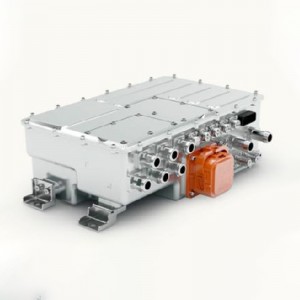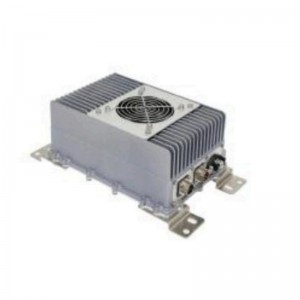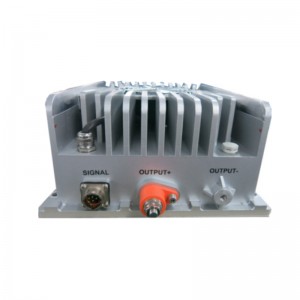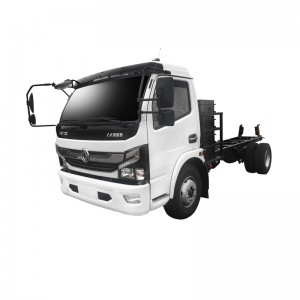The operating voltage of different electronic devices such as ICs can vary over a wide range, making it necessary to provide a voltage for each device.
A Buck Converter outputs a lower voltage than the original voltage, while a Boost Converter supplies a higher voltage. DC-DC converters are also referred to as linear or switching regulators, depending on the method used for conversion.
AC vs. DC
What is AC?
Short for Alternating Current, AC refers to current that changes in magnitude and polarity (orientation) with time.
It is often expressed in Hertz (Hz), the SI unit of frequency, which is the number of oscillations per second.
What is DC?
DC, which stands for Direct Current, is characterized by current that does not change in polarity over time.
Electrical appliances that plug into an outlet require an AC-DC converter to convert from AC to DC.
This is because most semiconductor devices can operate only using DC.
ICs and other components mounted on substrates used in sets feature specific operating voltage ranges that require different voltage accuracies.
Unstable or improper voltage supplies can lead to characteristics degradation and even malfunction.
To prevent this, a DC-DC converter is needed to convert and stabilize the voltage.
DCDC converters are designed to meet the demanding requirements of modern electric vehicles, with high efficiency, reliability, and compact size. DCDC converters we offer are compatible with a wide range of battery voltages and can deliver power to various automotive systems, such as lighting, audio, and HVAC.
Our products are designed to meet automotive standards for safety and reliability, with features such as overcurrent protection, overvoltage protection, and thermal shutdown. Our DCDC converters have been widely adopted by major automakers and are used in a variety of electric vehicle models.
DCDC converters are essential components in electric vehicles, delivering efficient and reliable power to vehicle accessories and charging systems.



















